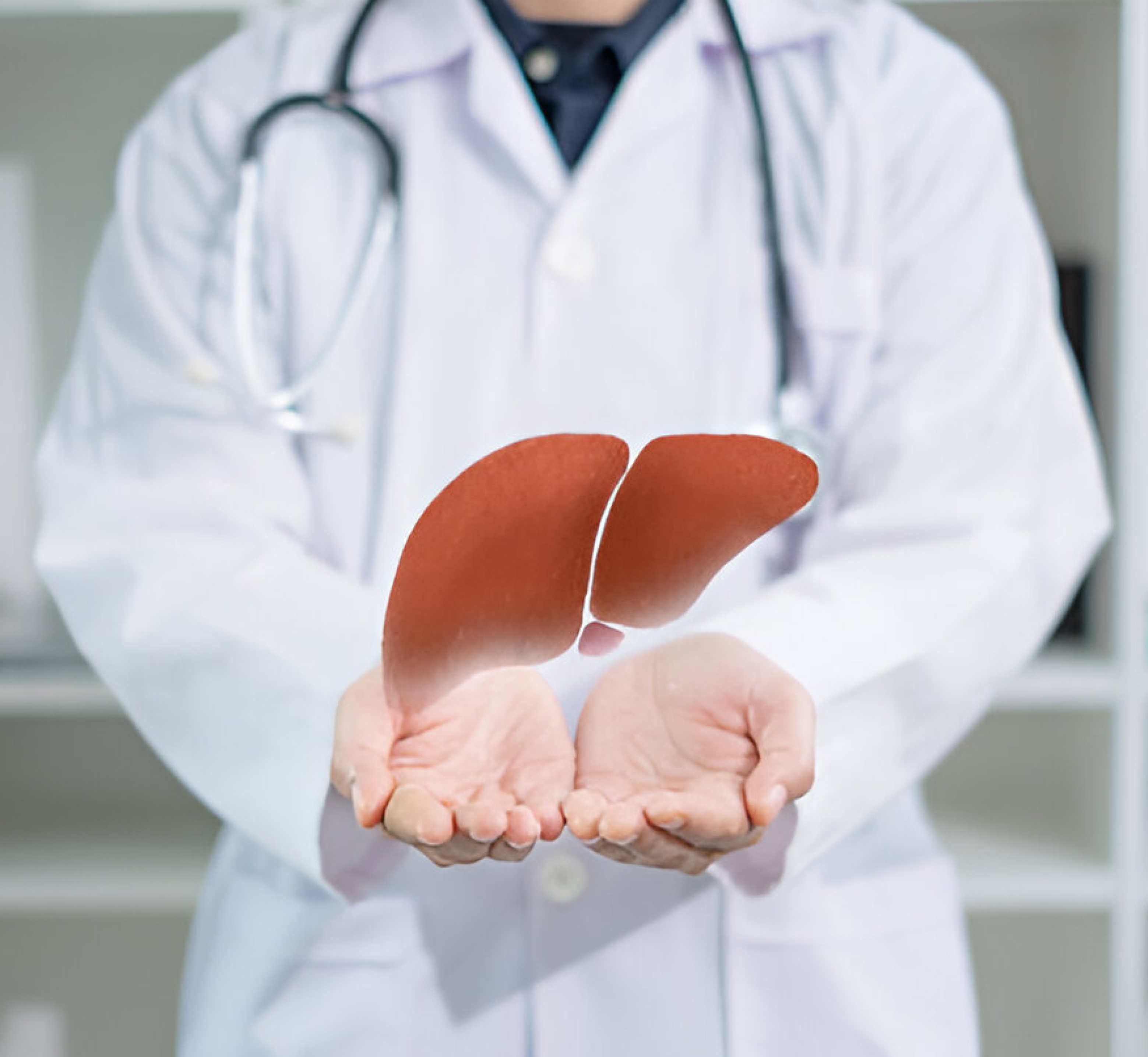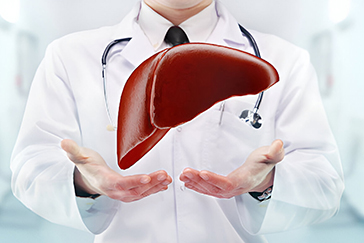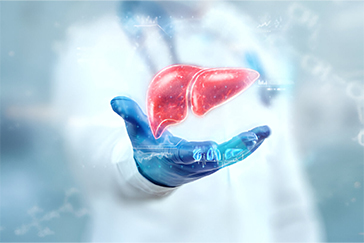 Book Appt.
Book Appt.
 Call Now
Call Now


Pancreatitis is a potentially serious inflammation of the pancreas, an organ located behind the stomach. This condition can range from mild discomfort to a life-threatening illness and requires prompt medical attention. In this article, we will delve into the causes, symptoms, diagnosis, and treatment options for pancreatitis.
Causes
Symptoms
The symptoms of pancreatitis can vary depending on the type and severity of the condition:
Acute Pancreatitis:
Chronic Pancreatitis:
Diagnosis
Treatment
Addressing Underlying Causes:
Conclusion
Pancreatitis is a complex and potentially serious condition that requires prompt medical attention. Understanding its causes, recognizing its symptoms, and seeking timely treatment can greatly improve the prognosis for individuals affected by this condition. With appropriate medical intervention and lifestyle changes, many people can effectively manage pancreatitis and lead fulfilling lives.
SHALBY Sanar International Hospitals provides extensive medical procedures backed up with our state-of-the-art technology and a team of highly qualified & experienced clinical experts.
Our doctors pen down their research findings and experiences from time to time. Their words provide deep insight into the latest techniques, technologies and other advancements in healthcare. It provides expert answers to all kinds of health questions for real-life issues.
VIEW ALL




Since the day of its foundation, SHALBY Sanar International Hospitals is committed to provide comprehensive healthcare services. It regularly organizes awareness programs in its premises and encourages outdoor healthcare activities and camps with an intent to put focus on preventive healthcare.
VIEW ALL